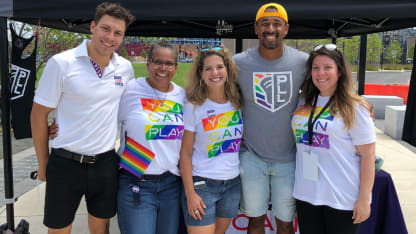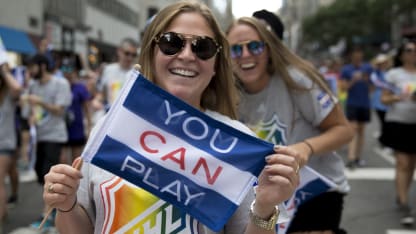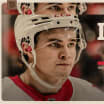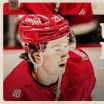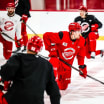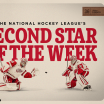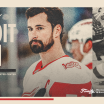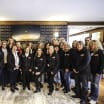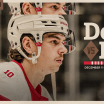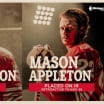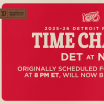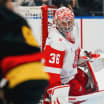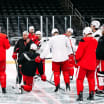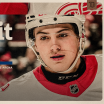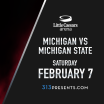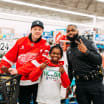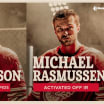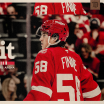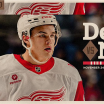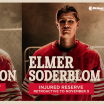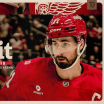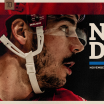Q: What does Pride mean to you, and do you enjoy most about Pride Month?
A: To me, Pride represents an ability to be visible and authentic. I think, too often throughout the year, people don't have that luxury. But if you go to a Pride celebration or celebrate at home, it gives you an opportunity to reflect on your identity and it allows you to be visible. Especially for people in the smaller communities, they can go to a bigger city and see that they're not alone in this. This year especially, Pride, to me, means not taking being accepted for granted and allowing us to reflect on the fact that it hasn't always been like this. So just not forgetting that past.
Q: What has You Can Play gained from its partnership with the Red Wings?
A: Using the Red Wings platform to show that there are fans in the LGBTQ+ community has been awesome. I think when someone, for example, is a closeted athlete and they see the Red Wings support the LGBTQ+ community, I think that provides them with an opportunity to believe there is a spot for them in this world, and they don't have to leave sports because it's not welcoming for them. So if there's a closeted hockey player in Detroit, it's awesome for them to see that they're supported by their home team.
Q: What are the biggest challenges athletes in the LGBTQ+ community face on a daily basis?
A: In sports, I think it's believing that you're welcome and you won't be shunned out. I think a lot of times, especially when you're first starting in sports, there's a lot of locker room culture that isn't very inclusive of the LGBTQ+ community. So it can be really hard if you're closeted or your teammates don't know your identity, you feel like you can't bring your whole authentic self, so that's a lot of mental stress to go through.
Q: What can hockey organizations do to create a more inclusive environment for players, coaches and fans in the LGBTQ+ community?
A: Continue to do Pride Nights to show everyone is welcome. I think that goes a long way for fans. And to take it further for fans, teams can create a fan program where someone experiences something in the stands, they can immediately report it and continue to feel safe. For athletes and coaches, I think just educating people and educating the team leadership about the LGBTQ+ community and about what you can do to create more inclusive spaces. A lot of times, people want to do the work, but they don't necessarily know how. A lot of being an ally, especially nowadays, is it doesn't matter if you don't know what to do, it's just about wanting to learn.
